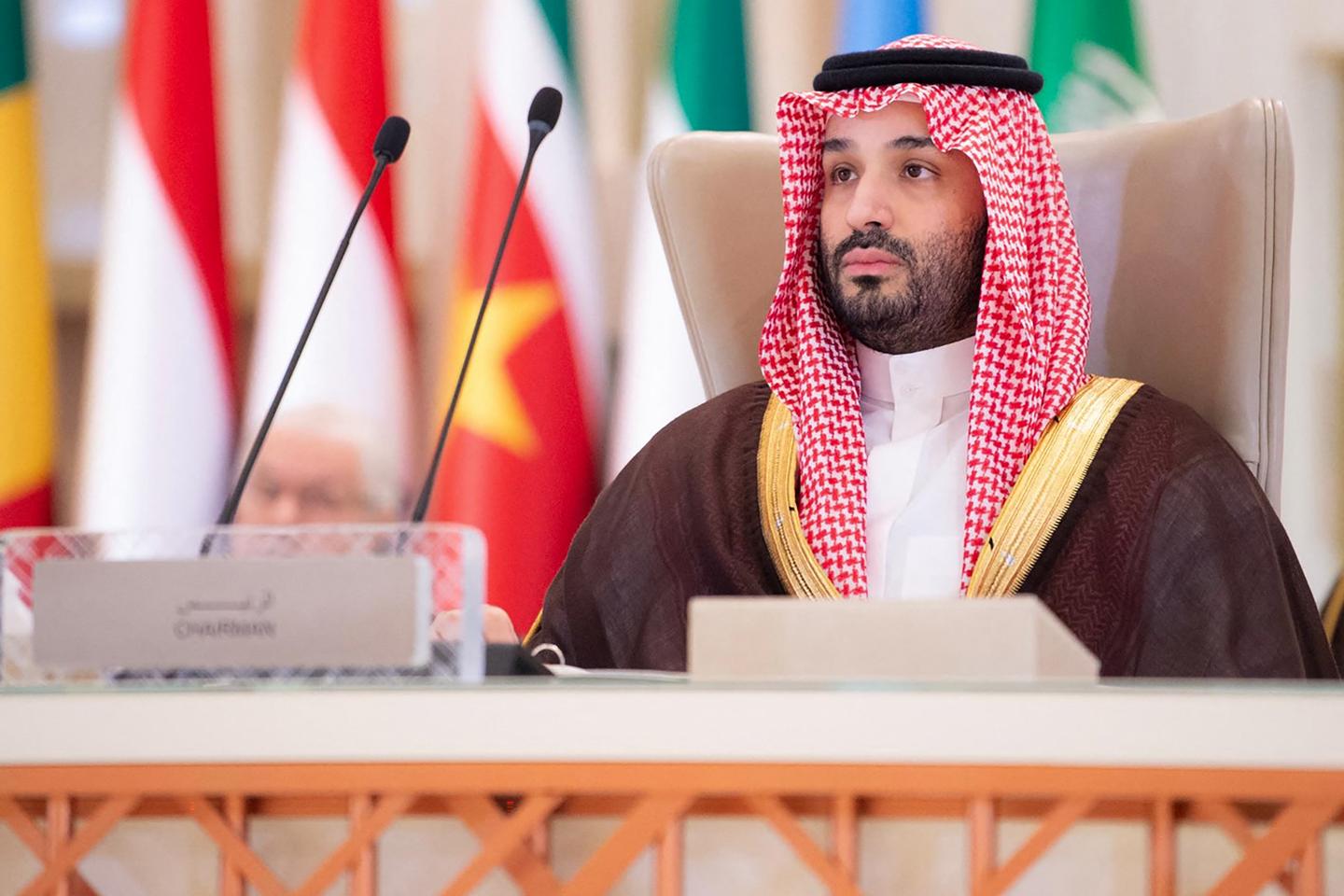


Saudi Arabia thought it had moved past the Arab Spring, which began in March 2011, to finally reach a "peace of autocrats" in the Middle East. However, the transformations that have been underway since October 7, 2023 have called into question its strategy of making economic development the basis of regional stability. The Syrian rebels' seizure of power in Damascus on December 8, 2024 and, before that, Hamas's deadly attack on Israel and its regional repercussions have undermined Riyadh's strategy of normalizing relations with the former Syrian regime and Israel.
"Before October 7, Saudi Arabia dreamed of a world where the market would dominate politics. On October 7, politics blew up in their faces, and exposed the limits of their nationalist rhetoric," summed up Stéphane Lacroix, associate researcher at CERI-Sciences Po Paris. After early years of risky ventures that backfired – such as the war he launched in Yemen in 2015 – Saudi Crown Prince and Prime Minister Mohammed bin Salman, nicknamed "MBS," have since 2020 adopted a cautious and tactical, yet assertive, stance on regional issues. This approach is currently shaping Saudi Arabia's position on the Palestinian issue and its relationship with the new Syrian authorities.
Representing a new neoliberal generation in power, fueled by a nationalist discourse and a pragmatic view of things, MBS has left his mark on Saudi foreign policy, diverging from the approach of his father, King Salman. "As head of state, King Salman retains ultimate decision-making power over the most critical directions of national policy and, behind the scenes, he probably still exerts influence on certain absolutely central issues, including the Palestinian issue. However, he has delegated almost all decision-making and certainly policy implementation to his son, MBS," explained Hussein Ibish, Gulf specialist at the Arab Gulf States Institute in Washington.
Restoring regional stability
"Saudi diplomacy is highly adaptive and pragmatic, focused on the country's economic development," stressed Salman Shaikh, director of mediation and conflict resolution forum The Shaikh Group. Riyadh's priority remains to re-establish regional stability that serves its national interests, which are entirely focused on implementing its Vision 2030 modernization and economic diversification plan. To this end, the regime has turned away from confrontation, favoring diplomacy both with the Islamist bloc led by Turkey and Qatar, and with its Shiite rival, Iran.
You have 52.31% of this article left to read. The rest is for subscribers only.
